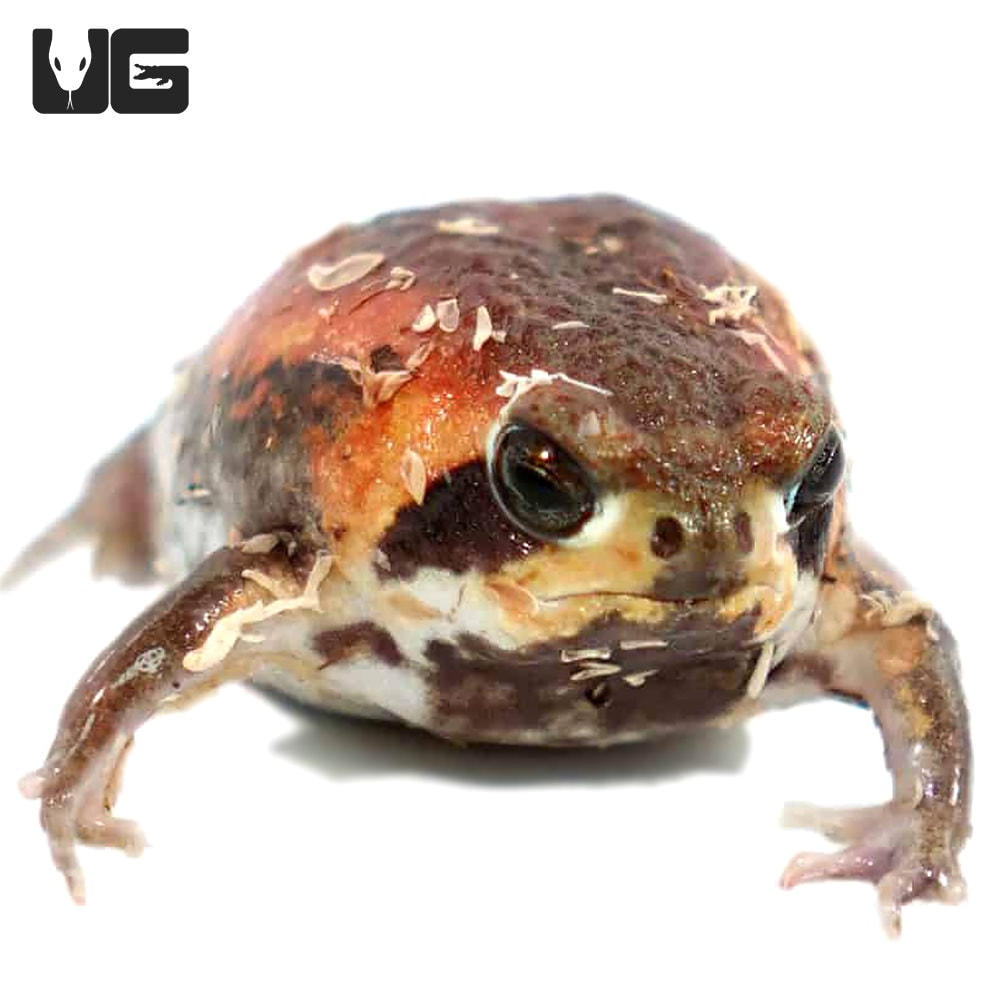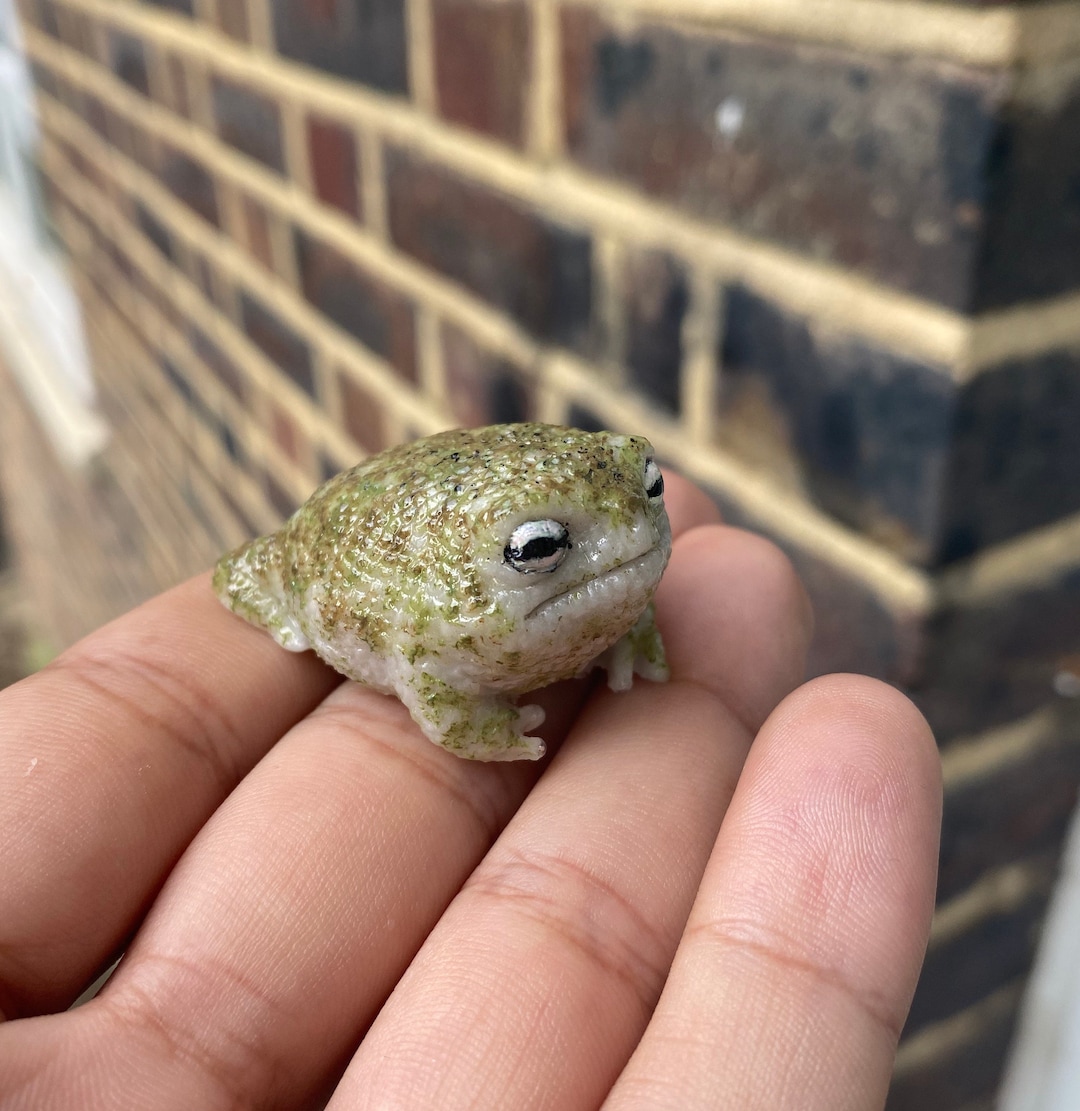Rain Frog for Sale: Discover Unusual Amphibian Pets at Unbeatable Prices!
Rain Frog for Sale: Discover Unusual Amphibian Pets at Unbeatable Prices!
Blog Article
Common Wellness Issues in Reptiles: Signs and Solutions
In the complex world of reptile care, understanding the usual health problems that may influence these unique animals is extremely important in ensuring their wellness. From breathing infections that can silently hold to metabolic bone conditions that can incapacitate, reptiles are vulnerable to a variety of conditions that need keen observation and timely intervention. Whether it's facing parasitic problems, browsing dehydration worries, or addressing skin disorders that manifest in subtle means, being in harmony with the signs and equipped with the understanding of effective options is essential for any kind of reptile owner. By delving better right into the subtleties of these health issues and discovering the useful remedies readily available, one can secure the health and vigor of these fascinating pets.
Breathing Infections
Respiratory infections in reptiles can substantially affect their overall health and require prompt focus from seasoned vets. In reptiles, breathing infections can be especially challenging to detect and treat due to their distinct anatomy and physiology.
Therapy for breathing infections in reptiles normally includes a combination of supportive treatment, such as maintaining correct moisture levels and temperature level slopes in the room, along with targeted medication to attend to the certain pathogen liable for the infection. It is vital for reptile owners to check their family pets closely for any indicators of breathing distress and look for vet care at the earliest indicator of a concern. With timely treatment and suitable therapy, numerous reptiles can recover completely from respiratory system infections and resume typical activities.

Metabolic Bone Illness
What elements contribute to the growth of Metabolic Bone Disease in reptiles?
Metabolic Bone Illness (MBD) in reptiles is mostly created by an absence of correct calcium, phosphorus, and vitamin D3 levels in their diet. When reptiles do not get appropriate calcium, either via their food or appropriate UVB direct exposure for vitamin D3 synthesis, they go to a high threat of developing MBD. Reptiles with diet regimens low in calcium or imbalanced calcium to phosphorus ratios are specifically susceptible. Furthermore, insufficient exposure to UVB light prevents reptiles from synthesizing vitamin D3, which is important for calcium absorption and bone wellness.
Other contributing factors to MBD include incorrect temperature level slopes within the reptile's habitat, resulting in decreased metabolism and impaired calcium absorption. Not enough humidity levels can additionally influence a reptile's capability to metabolize calcium successfully. Particular reptile types have particular dietary needs that, if not fulfilled, can boost the possibility of developing MBD. Normal vet check-ups, correct husbandry practices, and a balanced diet plan are vital to stop Metabolic Bone Illness in reptiles.
Parasitical Infestations
Parasitical check these guys out infestations position a substantial health and wellness danger to reptiles, affecting their total well-being and needing timely vet attention. Reptiles can be impacted by numerous parasites, consisting of termites, ticks, internal worms, and protozoa. These parasites can trigger a series of symptoms, such as weight reduction, lethargy, skin inflammation, looseness of the bowels, and even death if left untreated.
One common bloodsucker found in reptiles is the mite, which can trigger skin irritability, anemia, and stress. Ticks are an additional exterior bloodsucker that can trigger and transfer diseases discomfort to the reptile. Interior parasites like worms and protozoa can result in digestion issues, malnutrition, and damage the reptile's immune system.
To detect a parasitical problem, a vet may carry out fecal tests, skin scrapings, or blood tests. Treatment typically includes deworming medicines, antiparasitic baths, or in serious situations, hospitalization. Preventative steps such as routine veterinary examinations, appropriate hygiene, and quarantine procedures for new reptiles can help minimize the risk of parasitic infestations and ensure the well-being of reptile pets.
Dehydration and Hydration Issues
Dehydration in reptiles can dramatically affect their health and health, demanding timely treatment and ideal hydration monitoring. If left unattended, dehydration can lead to severe health problems and also be deadly to the reptile.
To stop dehydration, reptile proprietors need to make certain Web Site that their family pets have accessibility to clean water in all times. The water dish must be large enough for the reptile to saturate in if required, specifically for types that absorb water with their skin. In addition, preserving correct humidity levels in the reptile's unit and giving routine bathrooms can aid stop dehydration.
In situations of dehydration, it is essential to look for vet treatment quickly. A vet might carry out fluids either orally or with shots to rehydrate the reptile. It is important to address the underlying source of dehydration click to read more to stop reappearance and make certain the reptile's overall wellness.
Skin Conditions

Verdict

Respiratory system infections in reptiles can substantially affect their general health and wellness and need punctual attention from skilled veterinarians (rain frog for sale). Preventative procedures such as normal vet check-ups, proper health, and quarantine treatments for new reptiles can help minimize the risk of parasitical infestations and guarantee the health of reptile family pets
If left neglected, dehydration can lead to severe wellness issues and even be deadly to the reptile.
Regularly evaluating your reptile for any modifications in skin structure, look, or shade can assist in very early detection and therapy of skin conditions, promoting the total wellness and well-being of your scaly friend. - rain frog for sale
In conclusion, reptiles are susceptible to numerous wellness concerns such as respiratory system infections, metabolic bone illness, parasitical invasions, dehydration, and skin disorders.
Report this page